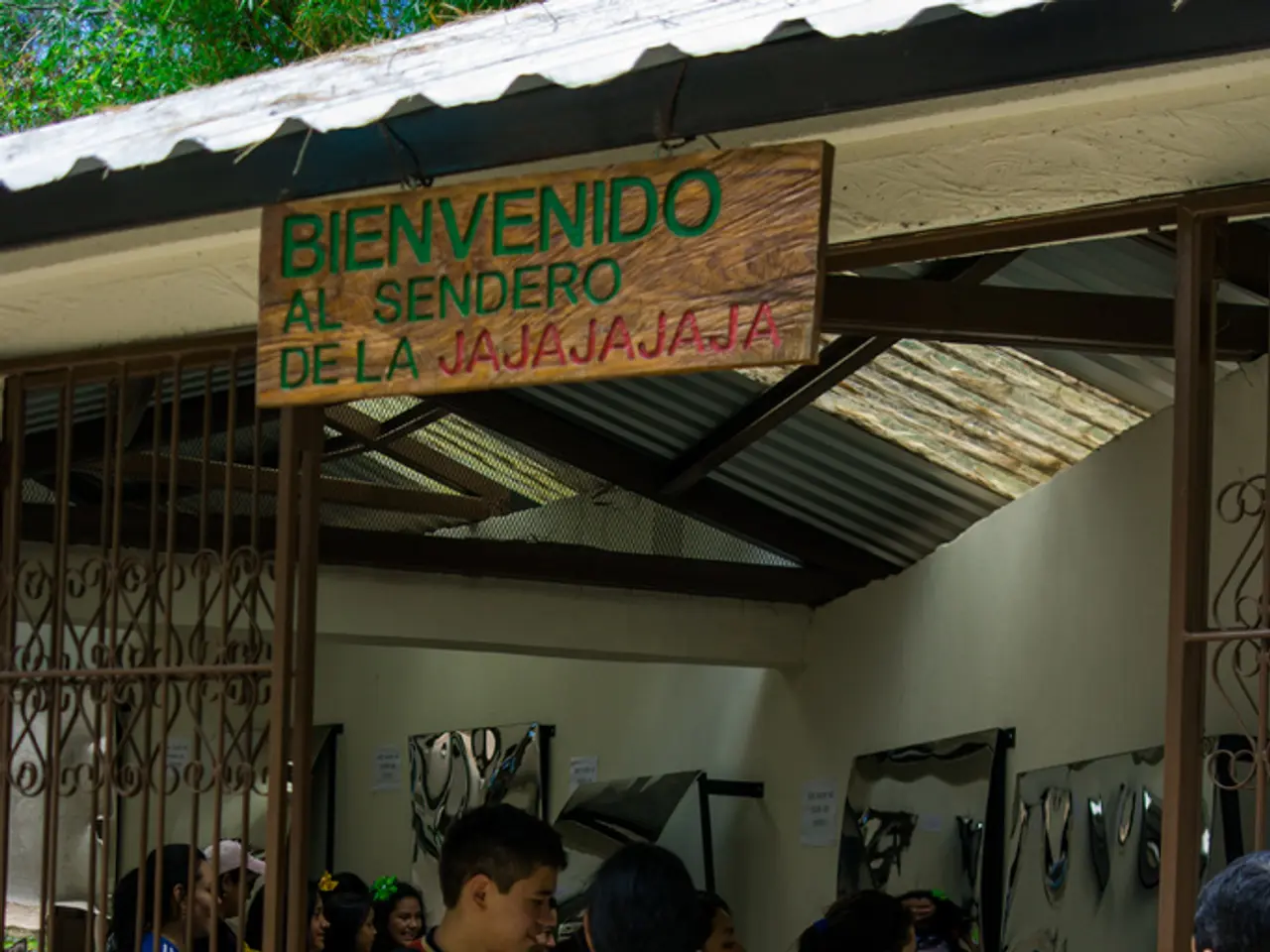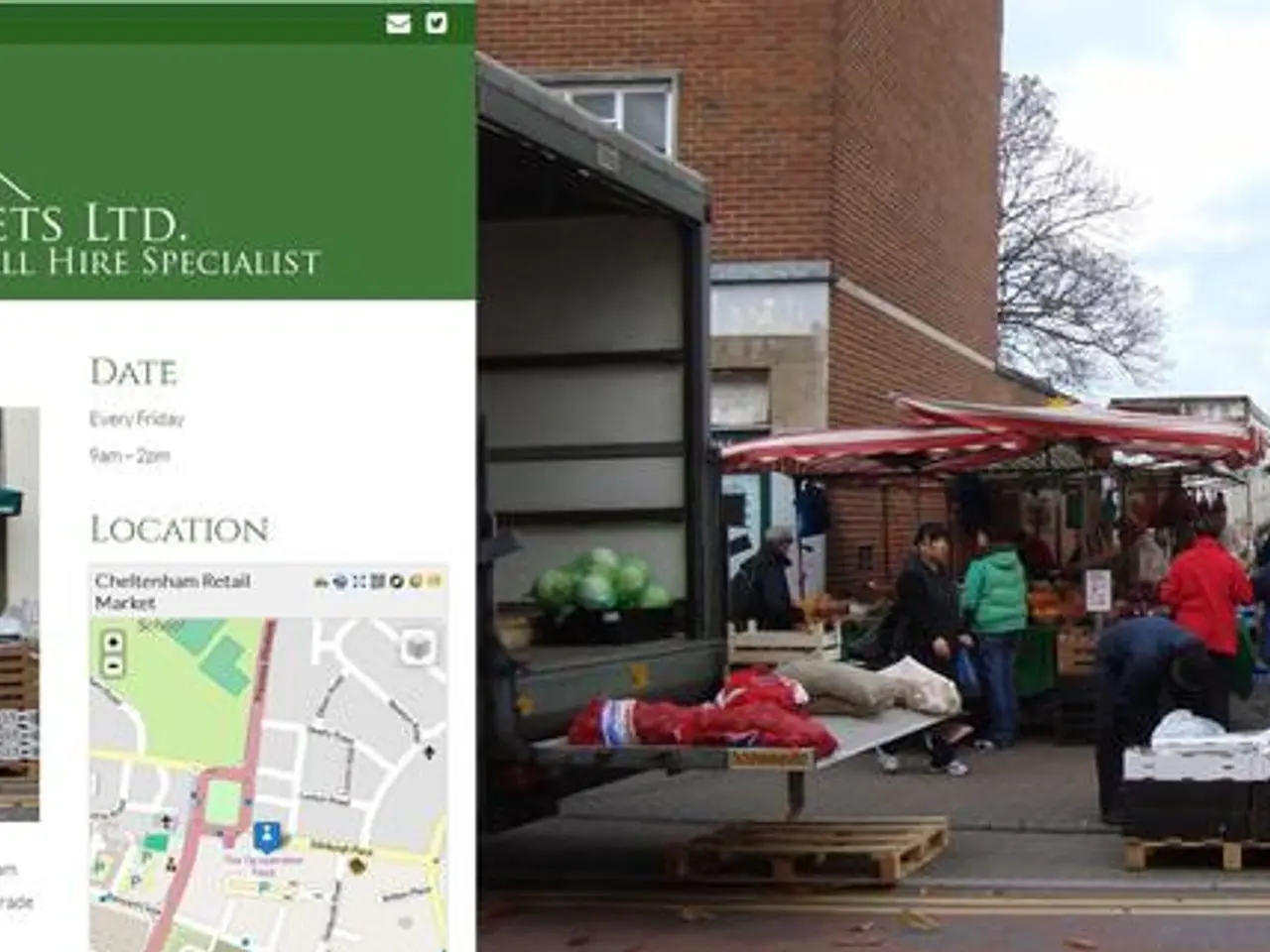Regulatory body in Nigeria, the Securities and Exchange Commission, imposes condition for crypto companies to establish local branches to participate in regulatory sandbox trials
Nigeria Embraces Crypto Regulation with Accelerated Regulatory Incubation Program (ARIP)
In a significant move towards embracing cryptocurrencies, Nigeria has launched the Accelerated Regulatory Incubation Program (ARIP), a regulatory sandbox designed to onboard compliant crypto companies into a structured compliance environment. This program is part of Nigeria's broader efforts to regulate digital assets under the 2025 Investment and Securities Act (ISA).
Under the ARIP, crypto firms must comply with several requirements. They are expected to obtain licenses from the Securities and Exchange Commission (SEC), maintain reserve backing for stablecoins, adhere strictly to anti-money laundering (AML) and know-your-customer (KYC) regulations, and demonstrate compliance with investor protection and market integrity standards.
The primary objective of ARIP is to facilitate responsible innovation while ensuring market stability, consumer protection, and financial inclusion. The program aims to integrate dollar-backed stablecoins into the Nigerian financial system to combat naira volatility and support freelancers and traders.
By adopting this approach, Nigeria hopes to shift from its prior enforcement-heavy strategies towards fostering a compliant ecosystem that attracts both domestic and international crypto businesses. The program aligns with broader economic goals, positioning Lagos as a potential Stablecoin Hub of the Global South and encouraging localized regulatory solutions tailored for Africa’s digital economy.
However, Nigeria faces unique challenges in regulating digital assets, as it published a crypto rulebook in 2022 but lacks a clear licensing regime. The SEC may grant registration approval, adopt new regulations, or issue a denial of permission to operate in Nigeria based on insights gained from the ARIP.
In 2024, the Central Bank of Nigeria (CBN) initiated a clampdown on peer-to-peer (P2P) cryptocurrency trading, believing P2P platforms were venues for the manipulation of the fragile naira. As a result, many crypto exchanges discontinued P2P services to Nigeria-based users.
The CBN lifted its three-year prohibition on financial institutions engaging with crypto-related businesses in December 2022. Companies operating without SEC authorization or registration will face a penalty of not less than ₦10,000,000. For commercialized Virtual Asset Service Providers (VASPs) operating trading, offering, and custody platforms without due authorization, the penalty is not less than ₦20,000,000.
Applicants for the ARIP must be actively involved in investment and securities business and either be seeking registration or have pending virtual asset-related applications with the SEC. They must provide a sworn undertaking confirming that they and their key personnel have not been convicted of fraud, dishonesty, or other relevant offenses. The CEO or managing director of applicants must reside in Nigeria.
Entities interested in the ARIP sandbox program are directed to have a physical office in Nigeria. Participants are expected to transition to formal registration after the completion of the program. Failure to comply with any of the stipulated requirements may result in a penalty of not less than ₦5,000,000 at the first instance and an additional ₦200,000 for each day of default.
In summary, the ARIP requirements for crypto companies center on licensing, reserve maintenance, AML/KYC compliance, and participation in a regulatory sandbox, with the objective of integrating digital assets responsibly and transparently into Nigeria’s financial system. The program aims to address Nigeria's regulatory gaps, facilitating the onboarding of entities seeking registration while allowing the SEC to better understand and regulate digital asset business models.
- Nigeria's Accelerated Regulatory Incubation Program (ARIP) encourages compliant crypto companies to join a structured compliance environment, aligning with the country's 2025 Investment and Securities Act (ISA) and onboarding digital assets.
- The ARIP's objectives are facilitating responsible innovation, ensuring market stability, promoting consumer protection, and supporting financial inclusion by integrating dollar-backed stablecoins into the Nigerian financial system.
- Major requirements for ARIP include obtaining licenses from the Securities and Exchange Commission (SEC), reserve backing for stablecoins, adherence to anti-money laundering (AML) and know-your-customer (KYC) regulations, and compliance with investor protection and market integrity standards.
- The primarily domestic and international crypto businesses attracted by this ARIP-fostered compliant ecosystem seek to capitalize on the potential for Lagos to become a Stablecoin Hub of Africa’s digital economy.
- To participate in the ARIP sandbox program, entities must be actively involved in investment and securities business and provide a sworn undertaking, have a physical office in Nigeria, and meet conditions to transition to formal registration post the program.




